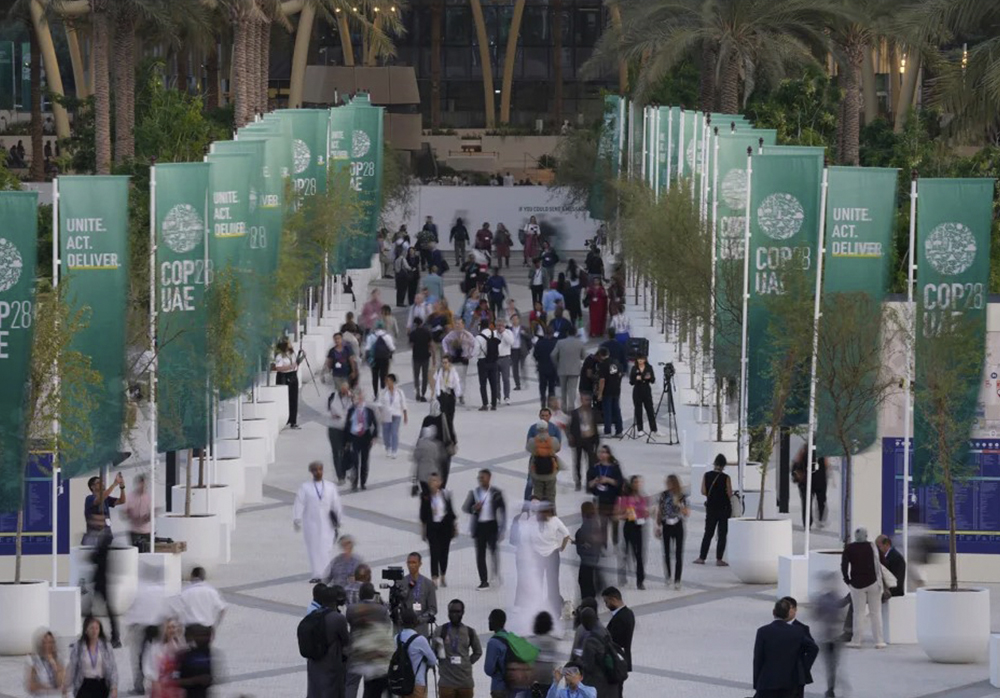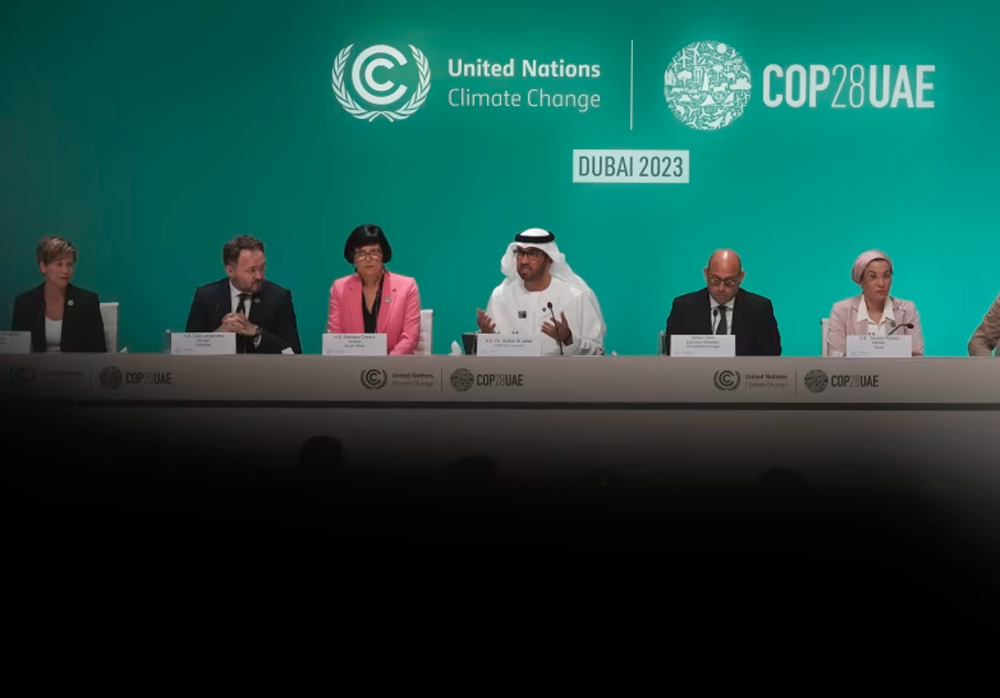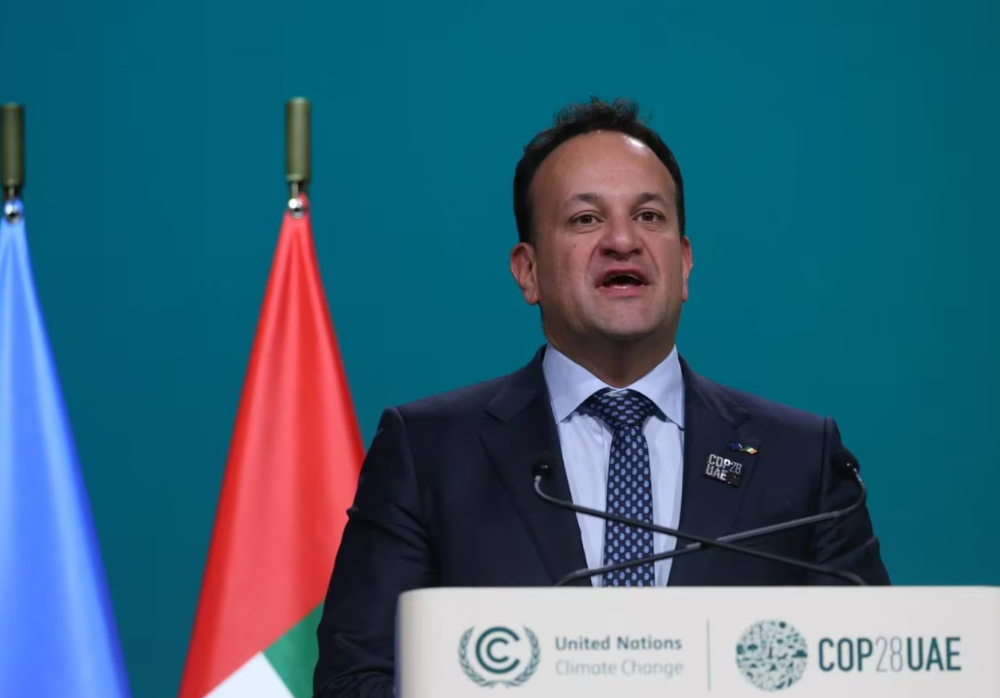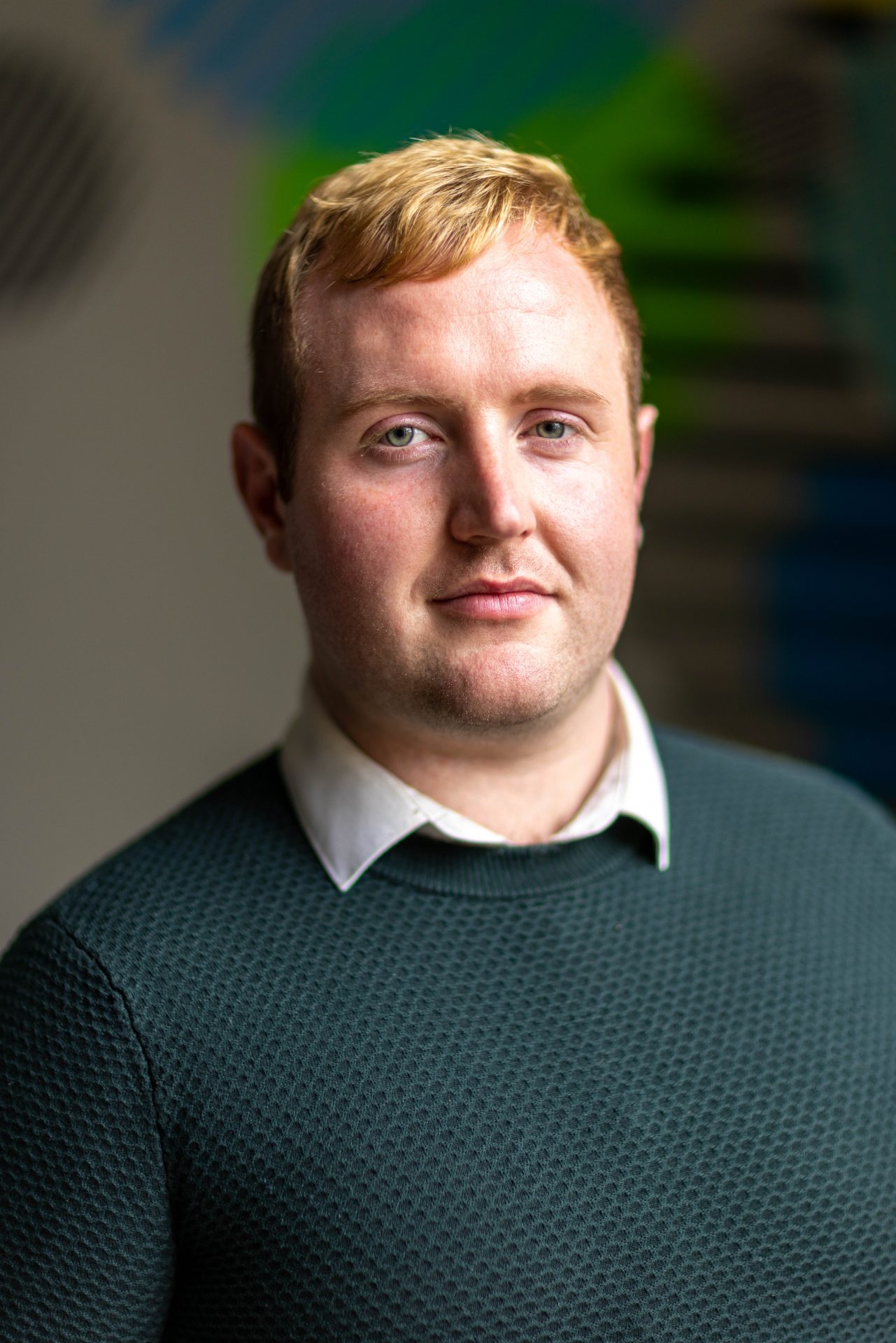In an encouraging stride towards global climate action, nearly 200 countries participating in the COP28 summit in Dubai have reached a groundbreaking agreement heralded as “historic.”
What is the UAE Consensus?
Termed the UAE Consensus, the agreement calls on nations to contribute to a just and orderly transition away from fossil fuels, aligning with the imperative to achieve net-zero emissions by 2050 – a critical milestone underscored by overwhelming scientific consensus.
International climate negotiations have been taking place for 28 years and the UAE Consensus is the first time that a summit has ended in a pact calling on nations to transition away from fossil fuels.
However, despite the celebratory tone surrounding the achievement, the UAE Consensus faces scrutiny and debate. At the heart of the COP28 discussions, the future role of fossil fuels emerged as a contentious focal point, with reports of OPEC countries pushing for a weaker agreement. Another concern centres on the agreement’s perceived lack of specificity regarding how economically challenged nations, grappling with large debt, will secure the financing to facilitate their transition away from fossil fuels and adapt their economies to the challenges posed by global warming.
Amidst these deliberations, the agreement emphasises a robust action plan aimed at curbing global warming and keeping temperature increases within the target of 1.5°C. This goal sets the stage for intense negotiations that transcend previous conventions and will test the collective international resolve.

What now?
After the conclusion of the 28th COP (Conference of the Parties) summit, the agreement now moves into the practical implementation phase through a series of steps.
Domestic-level implementation
The agreement, having been adopted, begins a journey through domestic approval and ratification processes within each participating country. The methods of approval vary, mirroring the diversity of political systems worldwide. In parliamentary systems, the approval of the legislature may be sufficient, while in presidential systems, the head of state may play a crucial role. Additionally, some countries may require the agreement to go through a parliamentary or legislative vote to be officially ratified.
Post national approval, countries formally communicate its ratification to the international community, typically through the United Nations Framework Convention on Climate Change (UNFCCC). This formal act signifies a nation’s commitment to upholding the stipulations outlined in the COP28 agreement. The agreement made at COP is not legally binding, but countries can use it to inform their own climate plans and reduce their own emissions in line with the ambition set out in agreement. This is a significant loophole but nevertheless, the ultimate direction of travel is clear
The journey doesn’t end with formal ratification either. Instead, it marks the beginning of an ongoing commitment to turn the agreed-upon targets into reality. A key facet involves the pursuit of financial and technical support, particularly imperative for developing nations.
The importance of accountability is woven into the fabric of this process. Countries may opt to institute mechanisms for monitoring and reporting progress on their COP28 agreement implementation. This could materialise in the form of a National Action Plan that details specific strategies and policies designed to achieve the targets.

What does this mean for Ireland?
As a participant in the COP28 summit, Ireland, like other nations, is now tasked with implementing the agreement reached in the UAE Consensus, including the transition away from fossil fuels and the pursuit of net-zero emissions by 2050.
The Irish government’s Climate Action Plan outlines a target of reducing emissions by 51% by the year 2030. The plan was initially developed in 2019 after the Paris Agreement, which set the tone for nations worldwide to intensify their efforts in reducing greenhouse gas emissions and limiting global temperature increases. This reflects a localised version of the global commitment that needs to be articulated across nations as an outcome of COP28.
Periodic global stocktakes
There were other promising outcomes from the Dubai summit. For the first time, nations collaborated to publish the global stocktake, evaluating progress toward the Paris Agreement goals. This process informs countries’ emission reduction plans submitted every five years to the UNFCCC. The global stocktake and five-year frameworks are part of the “ratchet mechanism,” aiming to incrementally elevate ambitions for achieving the Paris Agreement’s goal of limiting global warming.
In essence, the success of COP28 hinges on a delicate balance of global collaboration and adherence to commitments. The ratification process at the national level acts as the linchpin translating international consensus into binding obligations that wield influence over domestic policies and actions.

Up next is a crucial test for the Paris Agreement
In the aftermath of the UAE Consensus, there is heightened anticipation surrounding the efficacy of the Paris Agreement. Adopted in 2015 under the UNFCCC framework, its central goal is to limit global temperature increases well below 2 degrees Celsius above pre-industrial levels, with efforts to limit the increase to 1.5 degrees Celsius.
The forthcoming period within the context of the UAE Consensus is poised to be a litmus test for the Paris Agreement’s voluntary structure. The focus rests on the its capacity to lay the groundwork for the upcoming round of commitments aimed at reducing emissions from 2025 to 2035.
Failure is not an option
While the COP28 agreement marks a united step forward, what is clear is that the real work of delivering on these outcomes is still ahead of us, and the stakes couldn’t be higher. The current repercussions of climate change offer only a glimpse into a potentially uninhabitable future. In 2023, the world saw the highest global temperatures in over 100,000 years, and heat records were broken in all continents through 2022. Energy-related emissions reached record levels in 2022, and existing policies put us on track to almost 3°C of heating.
Coupled with this stark reality, in recent years the outline of international politics has undergone substantial variance, and this has had profound implications for climate action. Nations grapple not only with the immediate impacts of the climate crisis but also with the complexities of political dynamics that influence decision-making on a global scale. The rise of populist movements, fluid geopolitical developments, conflicts and persisting economic uncertainties create a complex tapestry of challenges that intersect with the imperative for environmental sustainability.
The relentless march of climate change, exacerbated by political complexities, demands a resolute response. This agreement reached at COP28 has to be good enough. It is humanity’s opportunity to rise above the discord that until now has hindered effective action against fossil fuels and a truly collective front against the impending perils.
As noted by COP28 head Sultan Ahmed al-Jaber, the UAE Consensus marked a “historic” breakthrough, but warned that “an agreement is only as good as its implementation.”

Adam has extensive experience across public relations and public affairs, having worked in a PR agency representing both public and private sector clients, in-house communications and in the Houses of the Oireachtas. He specialises in media relations, public affairs and stakeholder engagement.
He brings to 360-FINN experience in account management, public policy and business development and before 360, Adam worked as a Communications Specialist for Bus Éireann.
